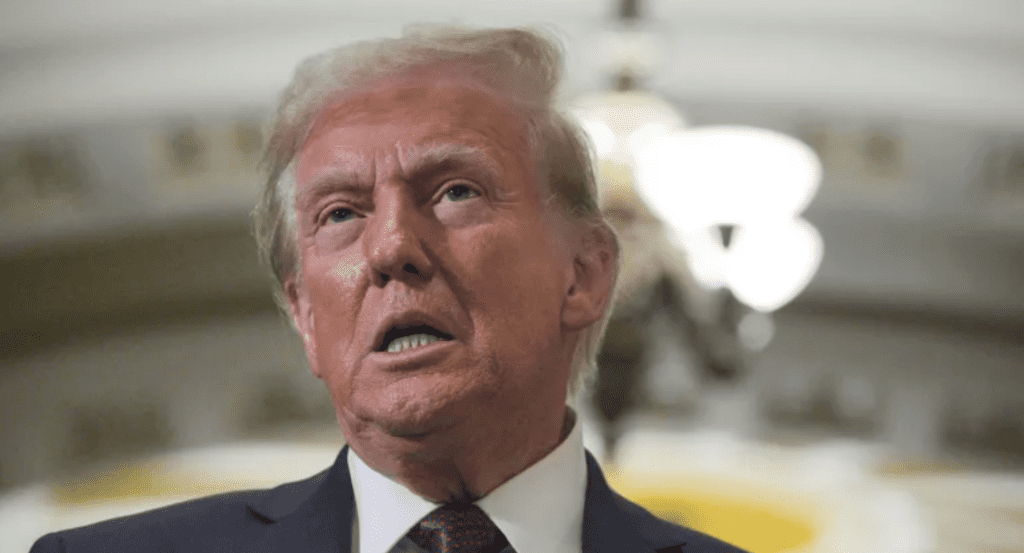In one of his first major decisions after returning to office, President Donald Trump has officially withdrawn the United States from the World Health Organization (WHO) and the Paris Climate Agreement. The move has sparked widespread international criticism and reignited debates about the country’s role in global health and environmental leadership.
The Trump administration’s decision to leave the WHO marks the second time during his political career that he has targeted the global health body. Trump cited alleged mismanagement and disproportionate influence of certain member states as reasons for the withdrawal, claiming that the organization no longer serves America’s interests.
The WHO has expressed regret over the decision, emphasizing the potential negative impact on global health initiatives. The organization’s Director-General stated, “The U.S. has always been a vital partner in advancing health equity worldwide, and its absence will be felt deeply.”
Critics argue that the move could hinder global responses to health crises, including pandemic preparedness and disease eradication efforts.
In another controversial decision, Trump has also terminated the U.S. commitment to the Paris Climate Agreement, which aims to limit global temperature rise and combat climate change. Trump described the agreement as “unfair to American businesses and workers” and pledged to focus on domestic energy independence and economic growth.
Environmentalists and world leaders have condemned the withdrawal, warning of severe consequences for global climate efforts. French President Emmanuel Macron called the decision “a setback for collective action on climate challenges.”
The decisions have drawn mixed reactions domestically. Supporters of the administration view these actions as steps toward reclaiming national sovereignty and reducing financial commitments to international organizations. However, opponents, including public health experts and environmental advocates, argue that these policies could isolate the U.S. from critical global alliances.
Protests erupted in major cities, with demonstrators advocating for re-engagement with the WHO and climate pact. Meanwhile, Republicans in Congress have largely praised Trump’s stance, framing it as a defense of American interests.
The withdrawal from the WHO and Paris Agreement could weaken international collaboration on pressing issues such as pandemic control and climate change. Experts warn that the U.S.’s absence may shift global leadership on these fronts to other nations, potentially altering the balance of international influence.
As Trump’s administration continues to chart its policy direction, these decisions underscore the contentious nature of his governance and its impact on the global stage.




















